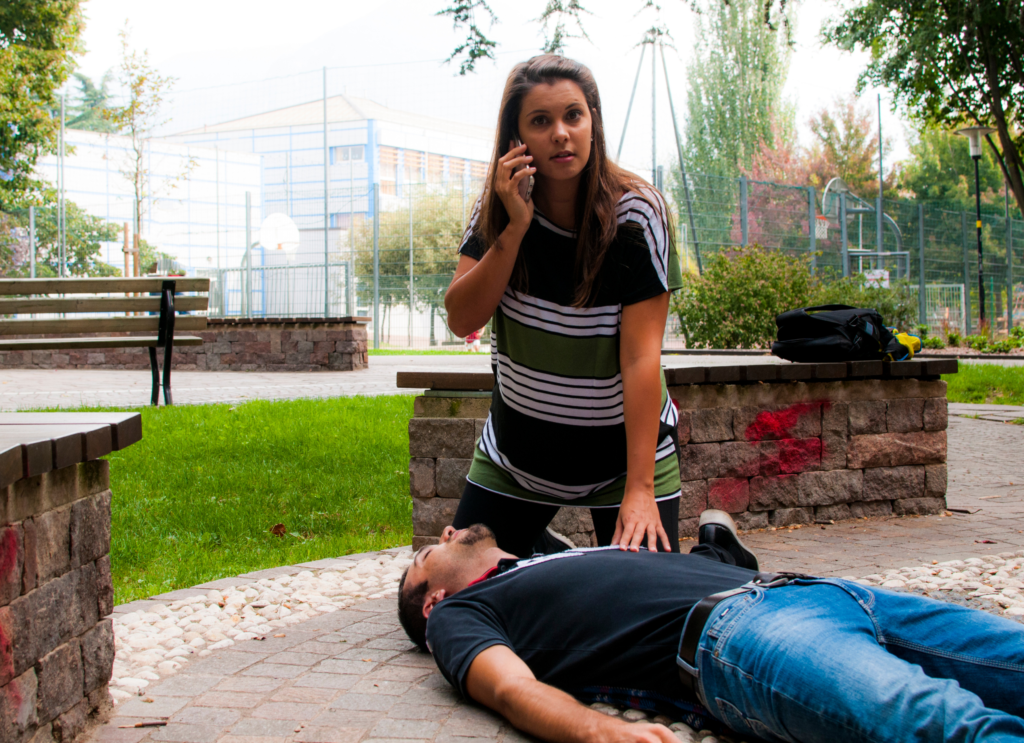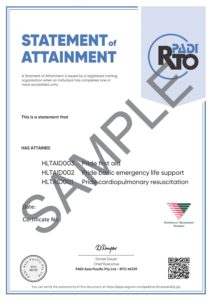The phrase ‘Good Samaritan’ finds its origins in the Bible, specifically in the parable of the Good Samaritan. The story tells of a Samaritan who stops his journey to help an injured man on the side of the road when other travelers ignored him on their way. Thus, in common terms, a Good Samaritan is an individual who goes above and beyond to assist others and who never expects any kind of reward or acknowledgement. But what can the term mean in first aid terms and how can having an understanding of Good Samaritan Laws help you in an emergency situation? We’ve outlined 3 things you need to know about Good Samaritan Laws.
What is a Good Samaritan Law?
When considering the phrase from a legal standpoint in Australia, the NSW Civil Liability Act defines a Good Samaritan as “a person who, in good faith and without expectation of payment or other reward, comes to the assistance of a person who is apparently injured or at risk of being injured”. The Good Samaritan Law does not specify that this person need be a medical professional or have any medical experience, and as a result, the protection extends to all members of the public.
How are You Protected When You “Act in Good Faith”?
While Good Samaritan Laws differ from state to state, at their core they are in place to encourage regular people doing everyday tasks to provide help and first aid to citizens in emergency situations. This is an important encouragement, because, more often than not, providing assistance and first aid until EMS arrive can sometimes mean the difference between life and death or minor and serious injury for casualties. Under Good Samaritan Laws in Australia, individuals acting in good faith are protected from personal liability while providing assistance in emergency situations.

Are There Any Times When You Are Not Protected as a Good Samaritan?
While, if you have good intent, you will most likely be covered by Good Samaritan Laws, it’s important to note that there are times when you will not be covered. According to the Civil Liability Act (NSW), it does not apply in circumstances where:
- The ability of the Good Samaritan to exercise reasonable care and skill was significantly impaired because the Good Samaritan was under the influence of alcohol or drugs (whether or not it was medication)
- The Good Samaritan failed to exercise reasonable care and skill
- The Good Samaritan did the act or omission while impersonating a health care or emergency services worker or a police officer
Equip yourself with the knowledge and skills you need to provide assistance in emergency situations by completing first aid training with PADI RTO. With PADI RTO Trainers located Australia-wide, there’s no need to wait.
Tags: First Aid, Good Samaritan Laws, PADI, RTO Trainer, Training

